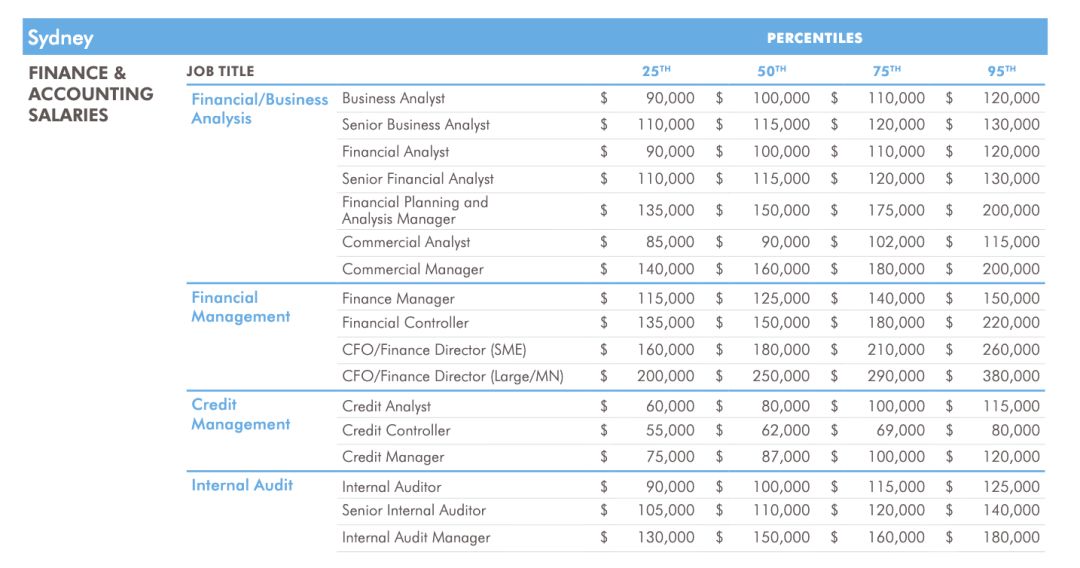Unlocking Financial Relief: Tax Deductions for Paying Student Loans Explained
Guide or Summary:Tax Deductions for Paying Student Loans: A Comprehensive Guide to Saving MoneyTax Deductions for Paying Student Loans: A Comprehensive Guid……
Guide or Summary:
Tax Deductions for Paying Student Loans: A Comprehensive Guide to Saving Money
In today's economy, student loans can feel like a heavy weight, burdening graduates with financial stress long after they leave their educational institutions. However, there is a silver lining for borrowers: the potential for tax deductions that can alleviate some of that financial pressure. Understanding how these deductions work can be a game-changer for individuals looking to manage their student loan debt more effectively.
### What Are Tax Deductions for Paying Student Loans?
Tax deductions for paying student loans refer to the ability to reduce your taxable income based on the amount you pay toward your student loans. This means that if you qualify, you can deduct a portion of your student loan interest from your taxable income, potentially lowering your overall tax bill. This deduction is particularly beneficial for those who are still repaying their loans and may be struggling to make ends meet.
### Who Qualifies for Student Loan Interest Deduction?
To qualify for the student loan interest deduction, you must meet certain criteria. Firstly, the loan must have been taken out solely to pay for qualified higher education expenses, which include tuition, room and board, and other necessary fees. Additionally, you must be legally obligated to pay the interest on the loan.
Your modified adjusted gross income (MAGI) also plays a crucial role in determining eligibility. For the tax year 2023, the deduction begins to phase out for individuals with a MAGI over $75,000 and for married couples filing jointly with a MAGI over $155,000. If your income exceeds these thresholds, the deduction amount gradually decreases until it is eliminated altogether.
### How Much Can You Deduct?
The maximum amount you can deduct for student loan interest is $2,500 per year. This amount can significantly ease your financial burden, especially if you are in the early stages of loan repayment when interest payments can be particularly high. It’s important to note that this deduction is an "above-the-line" deduction, meaning you can take it even if you do not itemize your deductions. This makes it accessible to a larger number of taxpayers.

### How to Claim the Deduction
Claiming the student loan interest deduction is straightforward. When you file your federal tax return, you will need to complete Form 1040 and report the interest you paid on your student loans. Your loan servicer should provide you with Form 1098-E, which will outline the amount of interest you paid during the tax year. Keep this document handy as it will serve as proof of your payments.
### Benefits of Tax Deductions for Paying Student Loans
The primary benefit of these deductions is financial relief. By reducing your taxable income, you can potentially lower your tax bill or increase your tax refund. This extra cash can be redirected toward your student loan payments, allowing you to pay down the principal more quickly or cover other essential expenses.

Additionally, understanding and utilizing tax deductions can empower you to make informed financial decisions. Rather than feeling overwhelmed by your student loan debt, you can take proactive steps to manage it effectively. This knowledge can also foster a sense of financial literacy, helping you navigate future financial decisions with confidence.
### Conclusion
In conclusion, tax deductions for paying student loans offer a valuable opportunity for borrowers to reduce their financial burden. By taking advantage of these deductions, you can lower your taxable income, potentially save money on your tax bill, and redirect those savings toward your student loan payments. As you navigate the complexities of student loan repayment, understanding the ins and outs of these deductions can provide much-needed relief and empower you to take control of your financial future. Don't let student loans hold you back; explore your options and see how tax deductions can work for you.